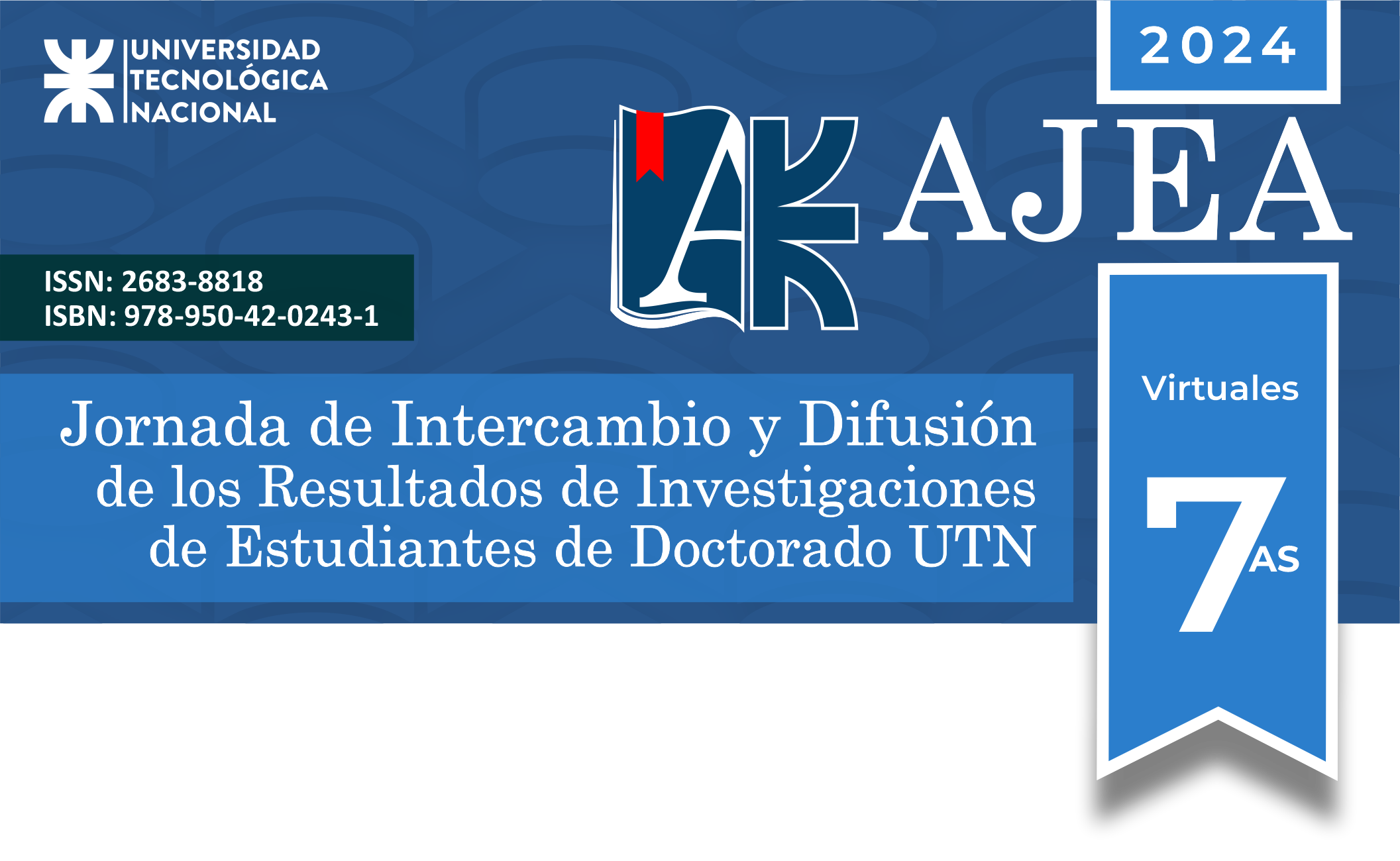Sustainable Production of Flavorings Based on an Optimized Biocatalytic Process
DOI:
https://doi.org/10.33414/ajea.1671.2024Keywords:
sustainable process, biocatalysts, mesoporous materials, flavoring productionAbstract
Since the last two decades, mesoporous silicas have been studied due to their potential as supports for various molecules and biomolecules, for applications in heterogeneous catalysis and nanotechnology. In the synthesis of these materials, template agents are used to obtain a variable pore size according to the requirements and/or applications required. One of the focuses of Materials Engineering is to explore more sustainable methodologies for obtaining these solids. In this study, moldants derived from renewable resources were used in the synthesis stage of mesoporous supports to then anchor the lipase of Pseudomonas fluorescens in them. In this way, the biocatalyst obtained was applied in Fine Chemistry reactions. Specifically, by transesterifying isoamyl alcohol with vinyl acetate, the production of isoamyl acetate, an ester with a characteristic banana odor used as a flavoring and flavoring, was evaluated. After optimizing the immobilization time of the enzyme and the reaction temperature, a yield of 62.5% was achieved at 24h.
Downloads
Metrics
Downloads
Published
How to Cite
Conference Proceedings Volume
Section
License
Copyright (c) 2024 Germán CARRILLO, Doctorando; Griselda Alejandra EIMER (Director/a); Eliana Gabriela VASCHETTO, Gabriel Orlando FERRERO (Codirector/a)

This work is licensed under a Creative Commons Attribution-NonCommercial 4.0 International License.










